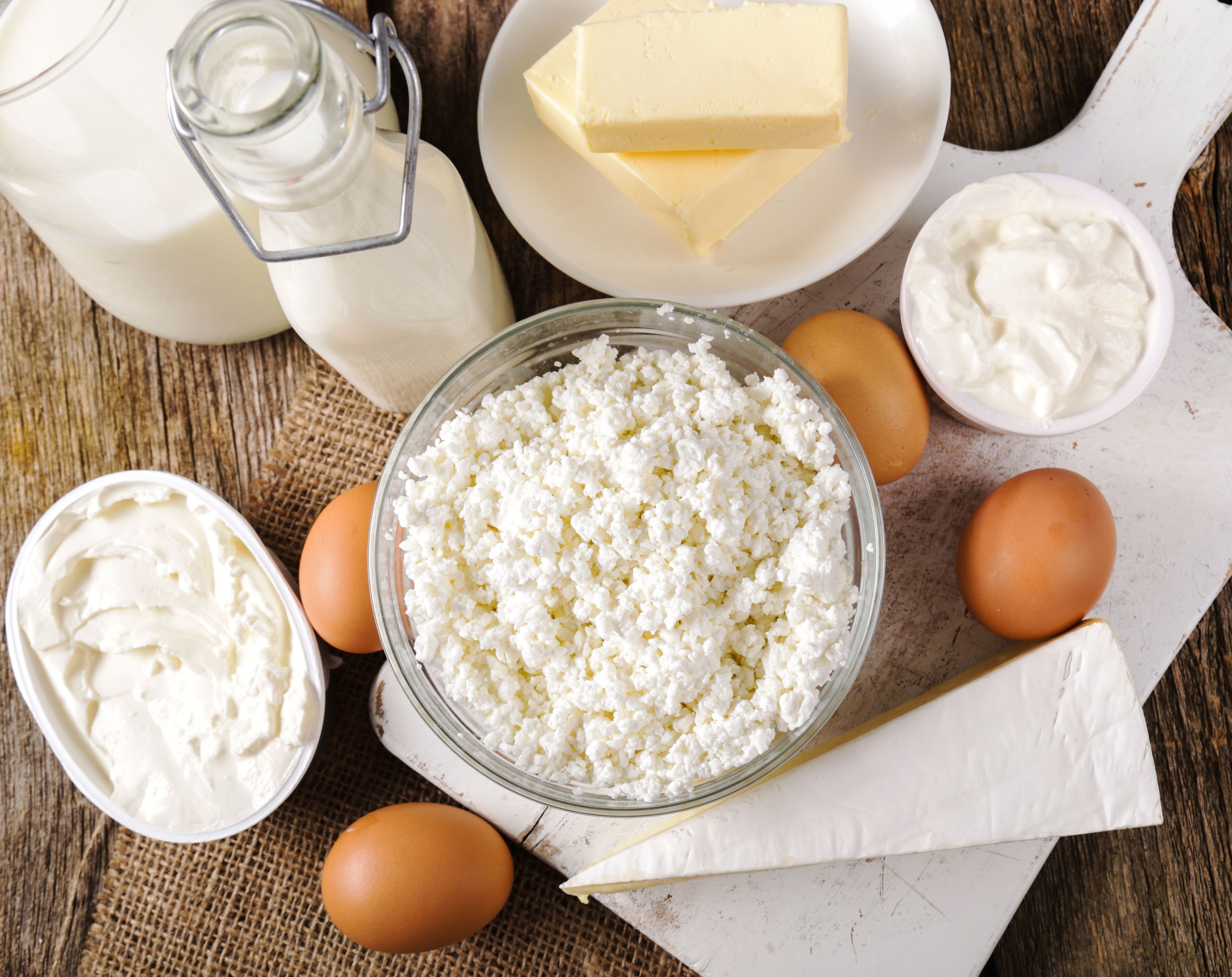Natural vitamin B12 is also known as cobalamin. Vitamin B12 is found in its natural form in nature, exists in the human body, created by a bacterium that lives in our intestines and can be procured through the intake of certain foods of animal and plant origin that are rich in it. In this article of"Biopedia" we will share how to get vitamin B12 and how to avoid its deficiency in our body.
Natural vitamin B12 is water-soluble and takes part in a number of vital processes in the human body, including the production of red blood cells, maintenance of nervous system health, absorption of energy from the food we consume, the construction of DNA and RNA. Natural vitamin B12 is a constituent of every single cell of the human body.
It is possible and relatively common to suffer from a deficiency of this vital vitamin.
It is therefore important, once such a deficiency has been identified, to increase the intake of foods that are rich in this vitamin, as well as to take it in supplement form through appropriate preparations.
Natural vitamin B12 deficiency - what are the symptoms?
This is why prophylaxis and regular consultations with a doctor to monitor your condition is important. Some of the most common symptoms of natural vitamin B12 deficiency include fatigue, lethargy, difficulty breathing, pale skin, sometimes with a yellowish tinge, mouth aphthae, sensations in the extremities as from being pricked with a needle, impaired vision, difficulty in mental function, lack of concentration, depression.
As you can see, none of these symptoms are unique to this vitamin deficiency condition, which is what makes it so difficult to detect.

The most severe form of vitamin B12 deficiency is autoimmune disease, a type of anemia.
This condition is exacerbated by the body's inability to absorb the vitamin because the stomach does not produce a specific glycoprotein that is needed for its absorption.
Natural vitamin B12 - who is at risk of deficiency?
Anyone who does not eat a balanced and varied diet, the elderly, people with poor digestion - all of these groups of people are at a higher risk of developing a deficiency of natural vitamin B12.
It is recommended that people who are on a strict vegan diet take vitamin B12 in the form of supplements.

This is because the vegan diet excludes almost all food products that are rich in this important vitamin.
People who eat only plant foods should have their vitamin B12 levels tested regularly. It is also important for pregnant and breastfeeding women to regularly monitor their blood levels of this vitamin.
The good news is that vitamin B12 is needed in very small doses for daily intake to deal with a deficiency state and in maintaining its levels in the body.
The recommended dose of this vitamin for adults is 1.5 micrograms per day. Most people meet the body's need for this vitamin through food intake anyway.







Comments